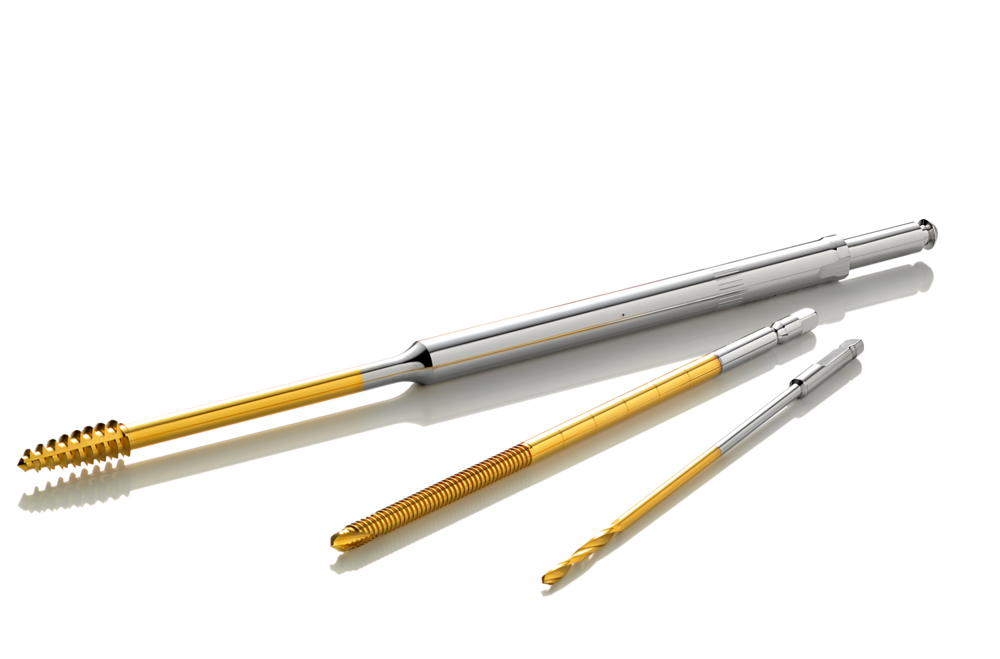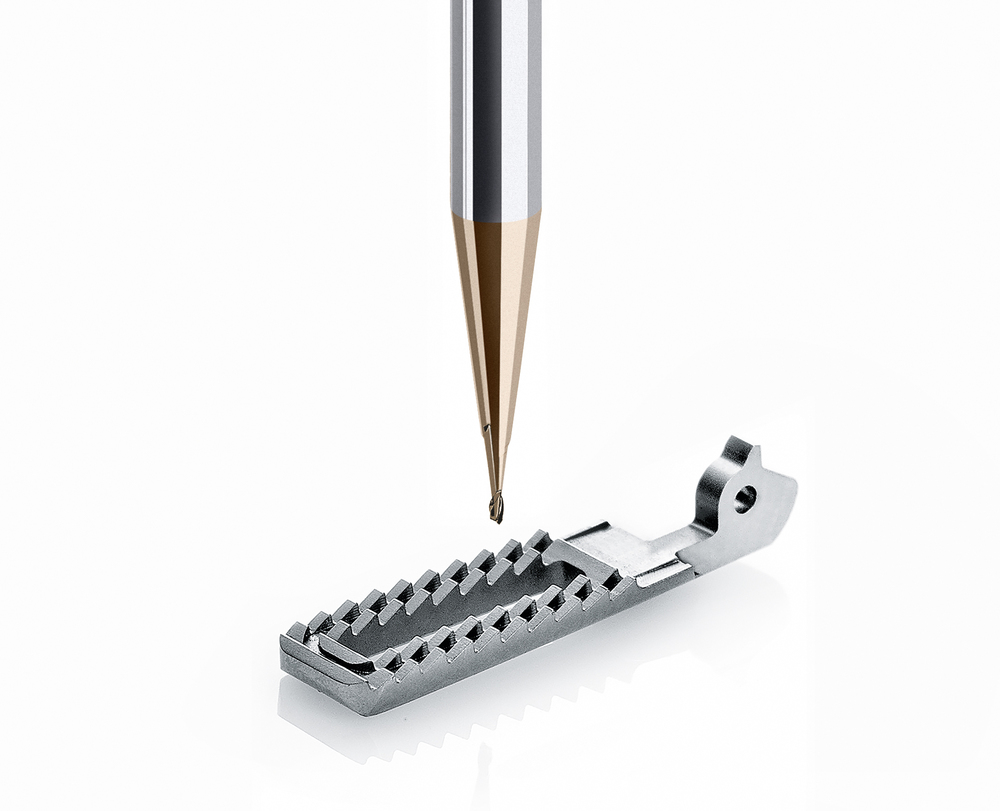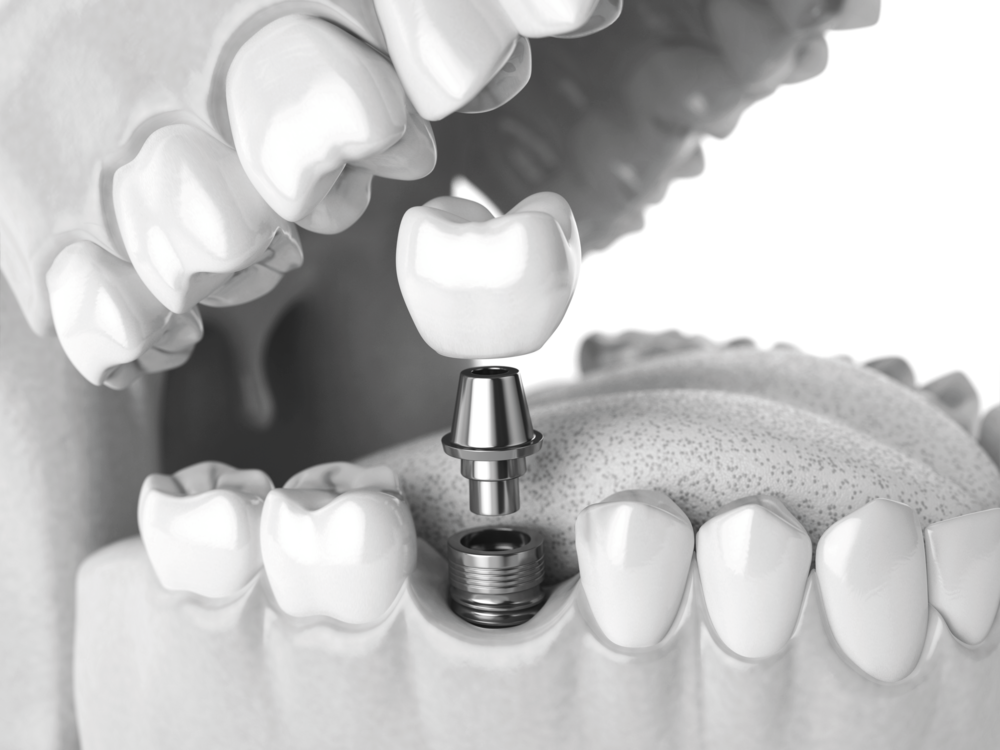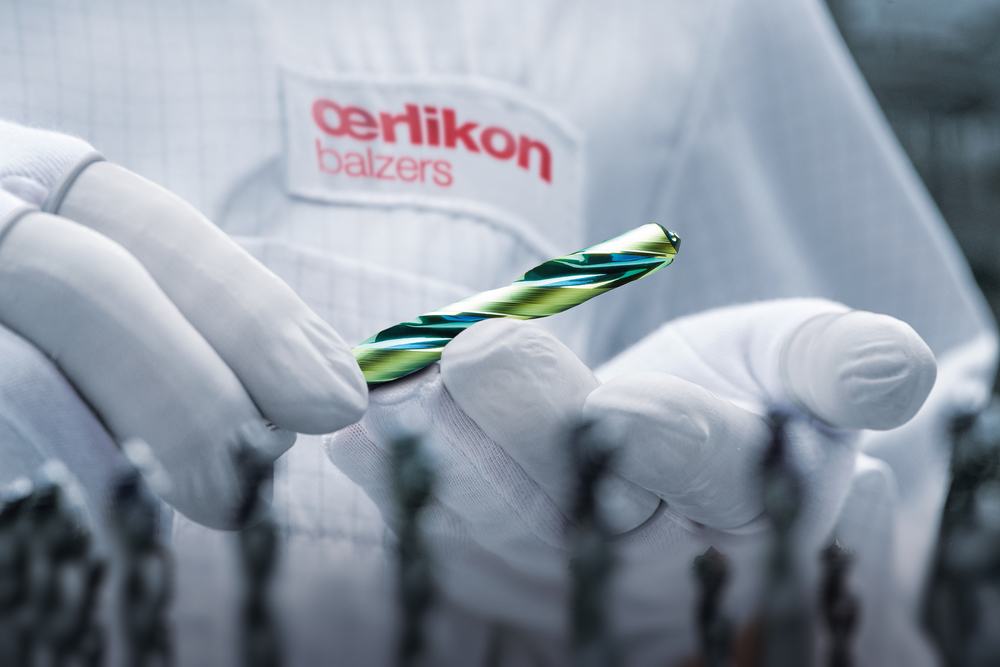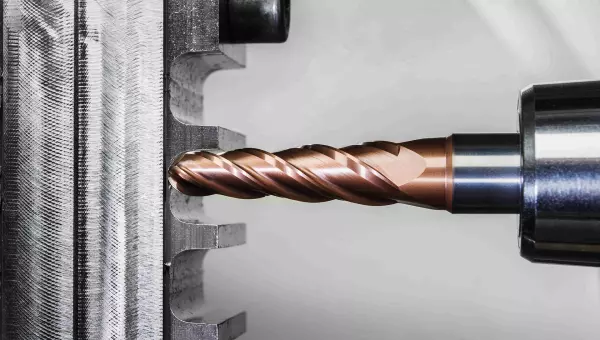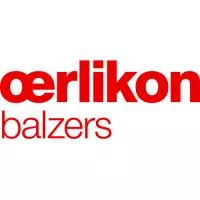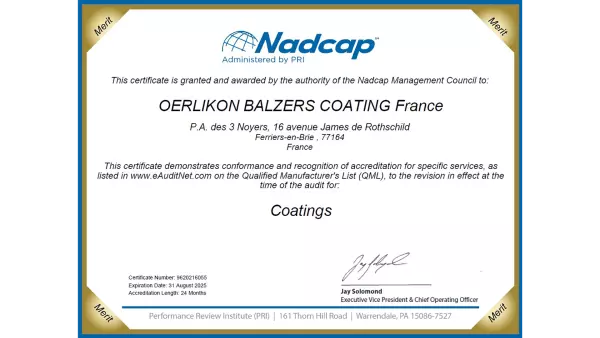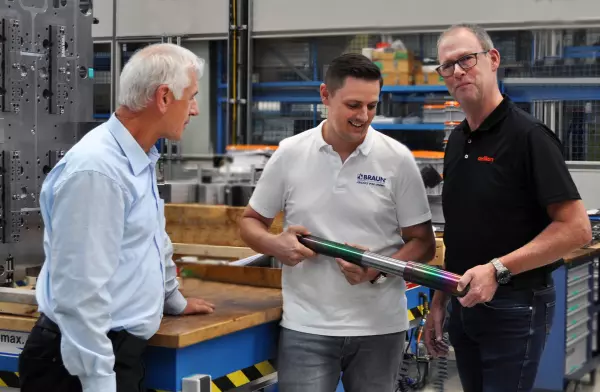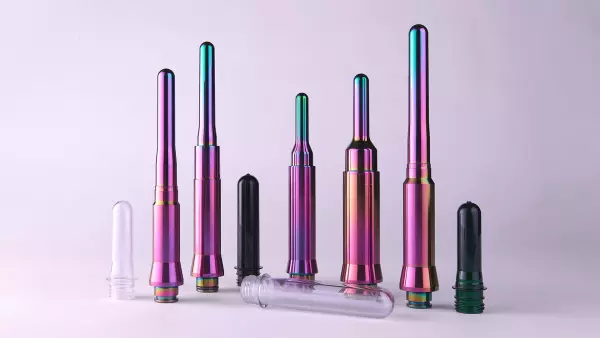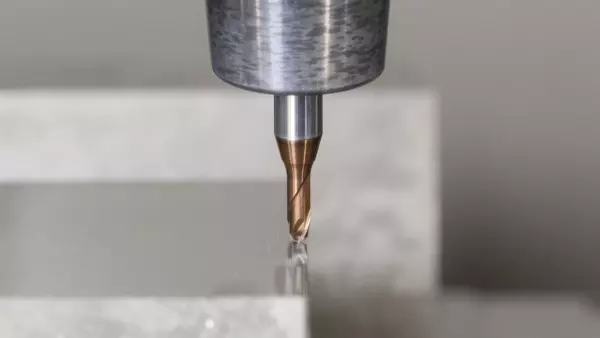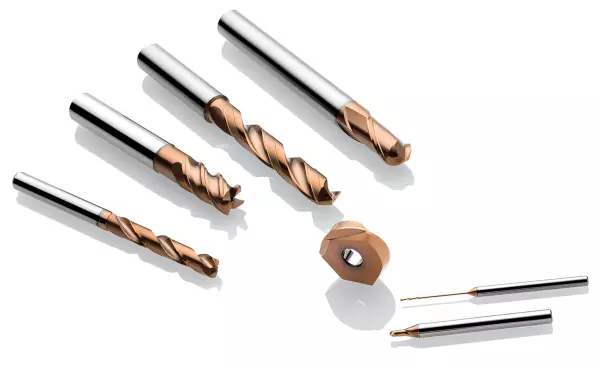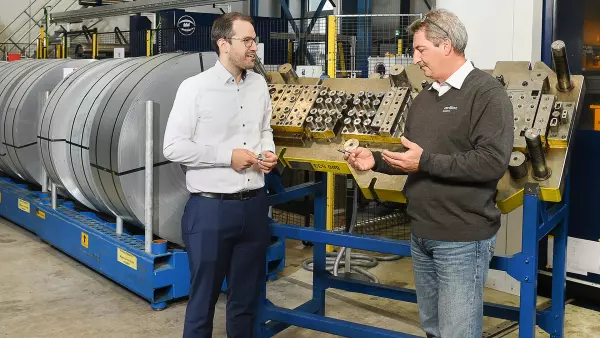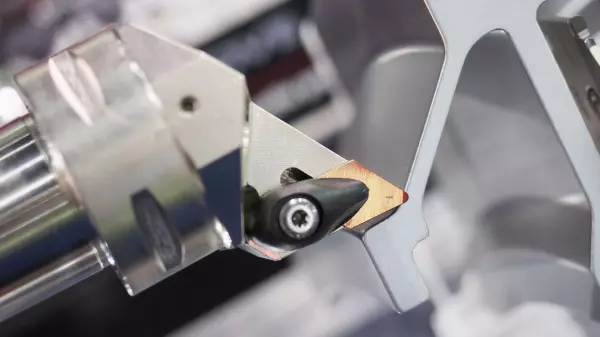Combined services for decoating as well as pre- and post-treatment including coating promise repeatedly reconditioned hard metal tools that are as good as inferior to the performance of new tools - and this in every cycle of use. With this, the leading surface expert Oerlikon Balzers wants to set new standards.
The reconditioning of high-precision coated carbide tools such as deep and precision drills or reamers has so far made many compromises. Previous stripping processes attack the substrate, with possible consequences ranging from surface damage and deviations in the micro-geometry to decreasing service life and less and less process reliability after each regrinding cycle. The reprocessing methods also create impairments.
The entire problem can be demonstrated in deep drilling, used in automotive engineering, especially for series drilling in the drive train. The tool is extremely stressed. Due to the increasing use of steels with a high chromium or alloy content, smearings can easily occur. This also applies to the flute, which, like the tool head, is often not coated for better chip flow. Smearings and washouts on the uncoated hard metal, however, significantly impair the surface after reconditioning; this can lead to poorer chip evacuation and jammed chips up to tool breakage.
With the previous reconditioning, the coated head is partially cut and the tool is re-inserted, which limits the number of reconditioning cycles. The drill is sharpened even more often and a new layer is applied over the remaining coating. This can have a detrimental effect on layer adhesion and drilling tolerances. There are often problems with reground tools: surface values, tool life and process reliability deteriorate after each new cycle of use. In addition, the previous reconditioning often takes a lot of time, which has a negative impact on inventory and unit costs.
Success in the test: inShape and primeTreatWith a service package consisting of two possible modules, the leading Liechtenstein surface expert Oerlikon Balzers is now opening up new solutions for tools coated with BALINIT PERTURA, BALINIT LATUMA, BALINIT ALTENSA or BALIQ ALTINOS. Their decoating with the new “inShape” process protects carbide surfaces, yet removes any layer deposits including impurities and thereby preserves tool geometries. The “primeTreat” service offers special pre- and post-treatment, optionally also cutting edge preparation. The individual combination of these components enables highly efficient reconditioning of all reaming, drilling and gear cutting tools that have tight tolerances and require high surface quality and machining precision, such as deep-hole drills, reamers and MQL-cooled tools.
The effectiveness is proven by tests at the Institute for Machining Production (ISF) at the Technical University of Dortmund. There, high-speed analyzes of chip formation during deep drilling with the smallest diameters in steel material (42CrMoV4) were carried out. The test objects were carbide single-lip and spiral deep drills, treated with inShape and primeTreat and coated with BALINIT PERTURA up to the flute run-out. The comparison partners were treated with standard procedures and had the same coating. The test tools showed an average of 30 percent better Ra and Rz values compared to the reference partners and a significantly better chip evacuation in use. “Appropriately prepared tools work as well as new tools across all usage cycles. In addition, we were able to significantly reduce the throughput times for reconditioning ”, summarizes Rico Fritzsche, Segment Manager Cutting Tools at Oerlikon Balzers.
To the original article

